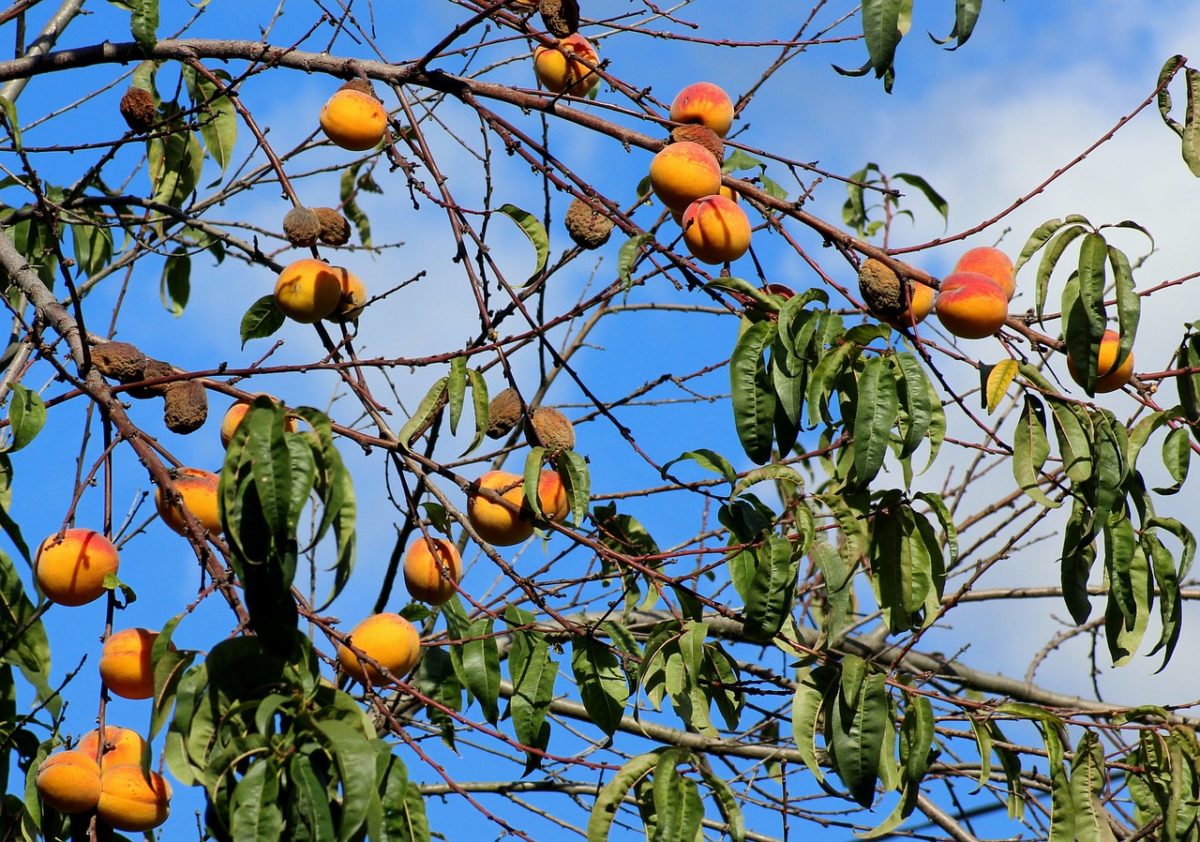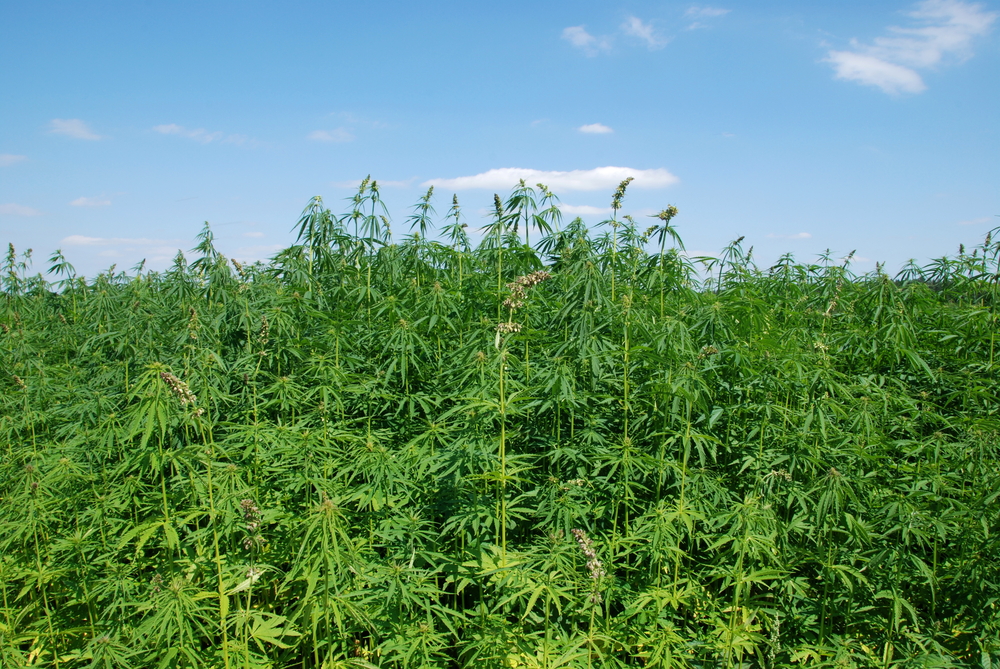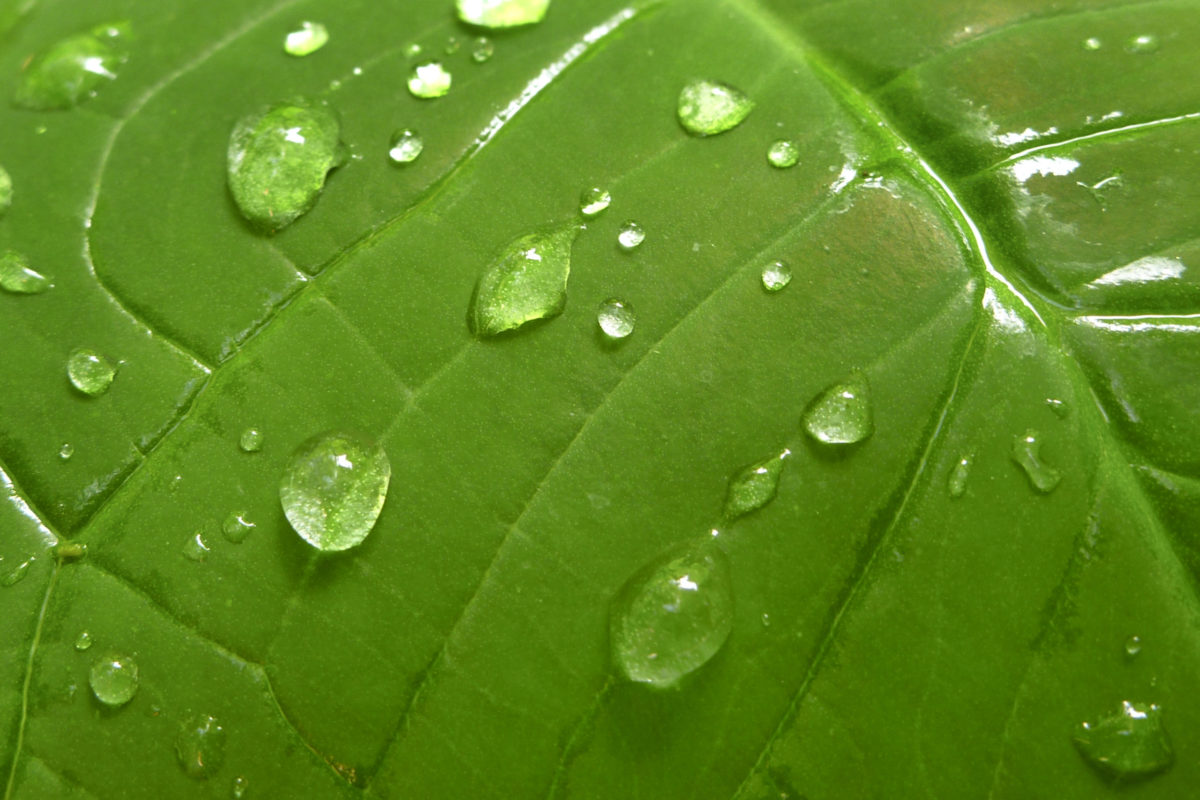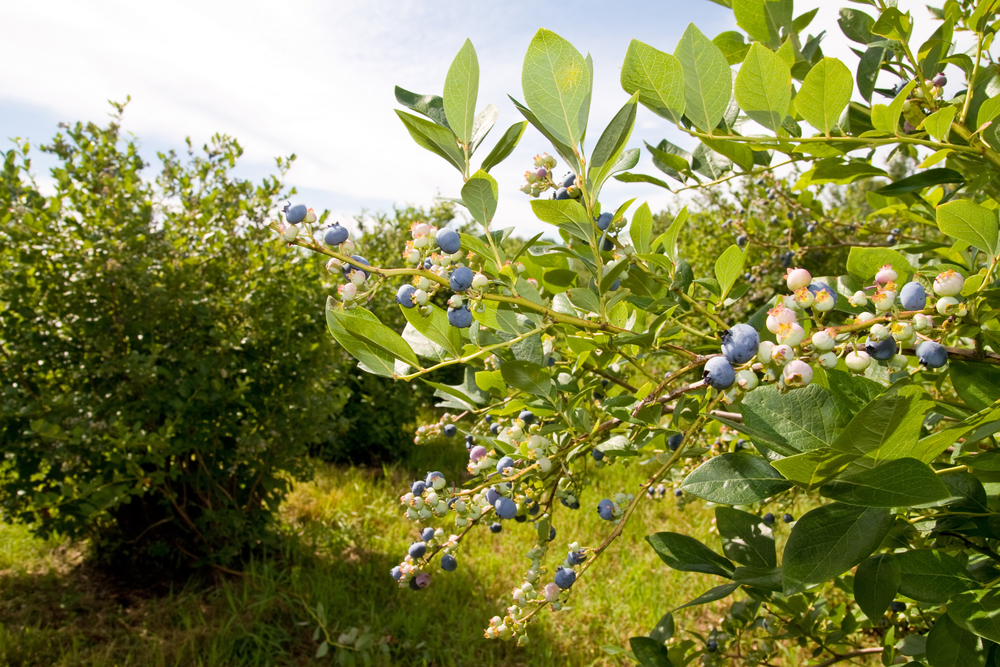By Karla Arboleda Northern and southern corn leaf blights (NCLB and SCLB) are global problems. Caused by different fungi, these diseases have a history of devastating results in the United States. While the fungi that cause NCLB and SCLB have been heavily researched in field corn, scientists have only just gained traction when it comes to resistance in sweet corn. …
Crucial Cabbage Diseases
Florida’s unique climate can create the optimal environment for a multitude of cabbage diseases. Nick Dufault, plant pathologist with the University of Florida (UF), says white mold and black rot have historically been common cabbage diseases that can cause serious damage. WHITE MOLD White mold, caused by the fungus Sclerotinia sclerotiorum,can be somewhat easy to identify since one of the …
Georgia-Grown Campaign Kicks Off
By Karla Arboleda As Georgia growers export peaches and squash, they hope more in-state consumers pay attention to the food they buy. Heavy season is underway in Georgia, and the Georgia Fruit and Vegetable Growers Association (GFVGA) wants to make sure no fruit gets left behind. Its new campaign encourages consumers to take a picture of their Georgia- or USA-grown …
Florida Commercial Hemp Production Not Yet Approved
By Karla Arboleda and Abbey Taylor Industrial hemp could be the next cash crop in Florida. However, there are many details to complete and hoops to jump through before growers can get their hands on the hemp. The University of Florida Institute of Food and Agricultural Sciences (UF/IFAS) Hemp Pilot Program strives to give growers the answers they need regarding …
Legislative Leaders Meet on USMCA and Disaster Relief
It was a busy Friday in the Southeast for U.S. Secretary of Agriculture Sonny Perdue as he and other legislative leaders sat down with representatives from Florida and Georgia agriculture on June 7. The day started with a meeting in Tallahassee, Florida, followed by a meeting in Doerun, Georgia. The main topics of discussion were the U.S.-Mexico-Canada Agreement (USMCA) and …
Perdue Sets the Record Straight on USMCA
While the U.S.-Mexico-Canada Agreement (USMCA) awaits ratification, southeastern growers and industry groups continue to voice their concerns about the agreement. USMCA, the North American Free Trade Agreement (NAFTA) rewrite, did not include provisions protecting southeastern producers from what some call unfair trade practices from Mexico. During a recent press conference, U.S. Secretary of Agriculture Sonny Perdue addressed these claims in …
Dealing with Blueberry Diseases
By Karla Arboleda Blueberry growers in Georgia may have to manage new and unwanted effects on their fruit when dealing with diseases. Jonathan Oliver, the small fruit pathologist and Extension specialist at University of Georgia, discussed the best way to treat Exobasidium leaf and fruit spot of blueberry with lime sulfur. Applications of lime sulfur during the dormant period have …
Georgia Congressman Relieved Disaster Package Passed
Disaster-aid legislation has now been signed into law by President Trump. The bill includes $19.1 billion for areas that suffered from natural disasters, including southwest Georgia, southern Alabama and Florida’s Panhandle, which saw major destruction following Hurricane Michael. While passing the aid for farmers impacted by Hurricane Michael is already a huge win, Congressman Buddy Carter (GA-1) is also pleased …
Nematodes in Florida Hops
By Karla Arboleda Florida conditions can cause crops to have increased problems in comparison to other regions, and it’s no different for hops. Microscopic nematodes are common all over the world, specifically in vegetables. Across Florida, hops growers have found root-knot nematodes in their crops. Johan Desaeger, a nematode researcher at the University of Florida Institute of Food and Agricultural …
Managing Nematodes Without Methyl Bromide
By Johan Desaeger Plant-parasitic nematodes are some of the most difficult pests or diseases that growers in Florida are facing. They are difficult to recognize, are often confused with other biotic or abiotic problems, and can cause total crop loss in many fruits and vegetables. This is especially true in Florida’s warm and sandy soils, where nematodes, such as root-knot …













